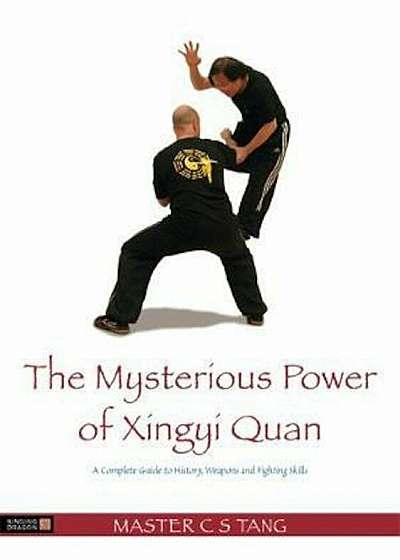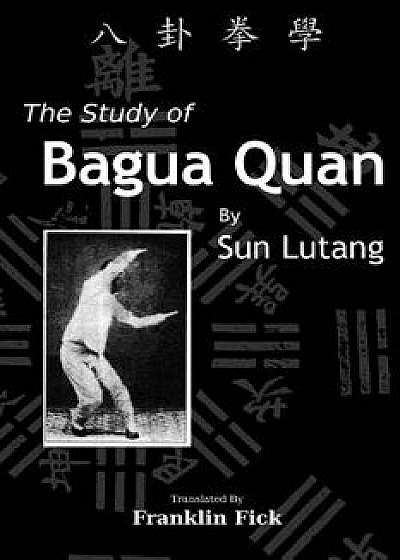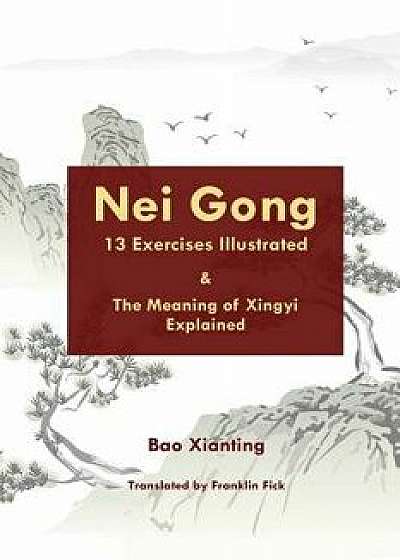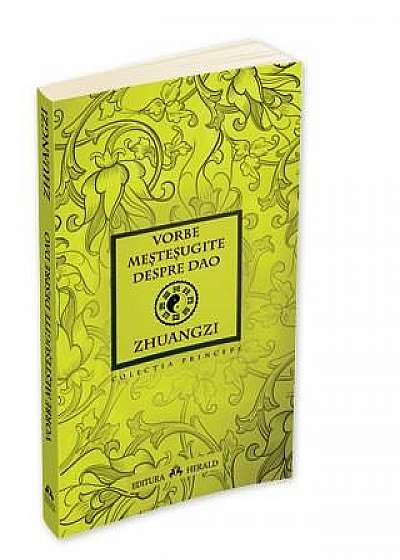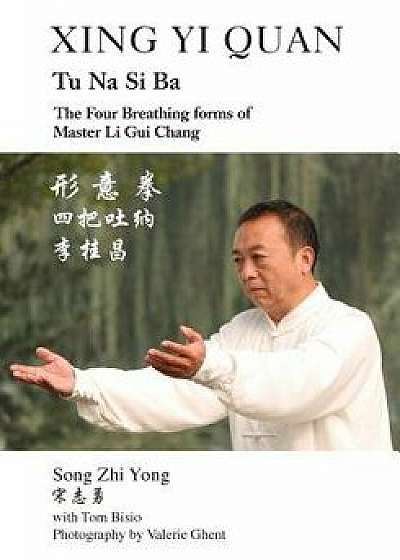
Xing Yi Quan Tu Na Si Ba: The Four Breathing Forms of Master Li GUI Chang, Paperback/Song Zhi Yong
Descriere
Tu Na Si Ba - The "Secret" Breathing Methods of Xing Yi Quan. Chinese-English Edition with link to online video of Tu Na Si Ba performed by Master Song Zhi Yong. In Northern China and in Shanxi Province, the purported birthplace of Xing Yi Quan, Master Li Gui Chang is a legendary figure in the world of martial arts. Few practitioners have approached Master Li's achievements in Tai Ji Quan and Xing Yi Quan. Li studied Xing Yi Quan and Ba Gua Zhang with the great Dong Xiu Sheng and Tai Ji Quan with Liu Dong Han. Li Gui Chang's expression of Xing Yi Quan is sometimes referred to as the Xing Yi "Body Method," because of its emphasis on subtle internal body actions and internally sensing Qi and Jin. Hence, it is completely congruent with Daoist Yang Sheng (nourishing life) practices. In this unique book, Song Zhi Yong, a senior disciple of Li Gui Chang, reveals the formerly "secret" foundational training which is the key to Master Li's Xing Yi Quan: Tu Na Si Ba (Four Essential Breathing Forms) San Ti Shi (Three Body Posture Training). Tu Na Si Ba was traditionally only taught to senior disciples, and has never before been written about in English or Chinese. Tu Na literally means "spit out" (Tu) and "receive" or "accept" (Na). In both martial and Daoist practices, Tu Na refers to breathing exercises associated with self-cultivation. When practicing the gentle, slow movements of Tu Na Si Ba, one effectively "breathes out the old and takes in the new" (Tu Gu Na Xing). This combination of inner-directed movement and breathing builds up Qi in the body, while simultaneously strengthening the tendons and bones. Every aspect of Tu Na Si Ba directly connects to the spirit, internal mechanics and martial techniques of Xing Yi Quan. The practice of Tu Na Si Ba is particularly critical to understanding and developing skill in San Ti Shi and Pi Quan (Splitting Fist), the core practices of Xing Yi Quan. The final section of this book presents San Ti Shi, the fixed standing (Zhan Zhu A
